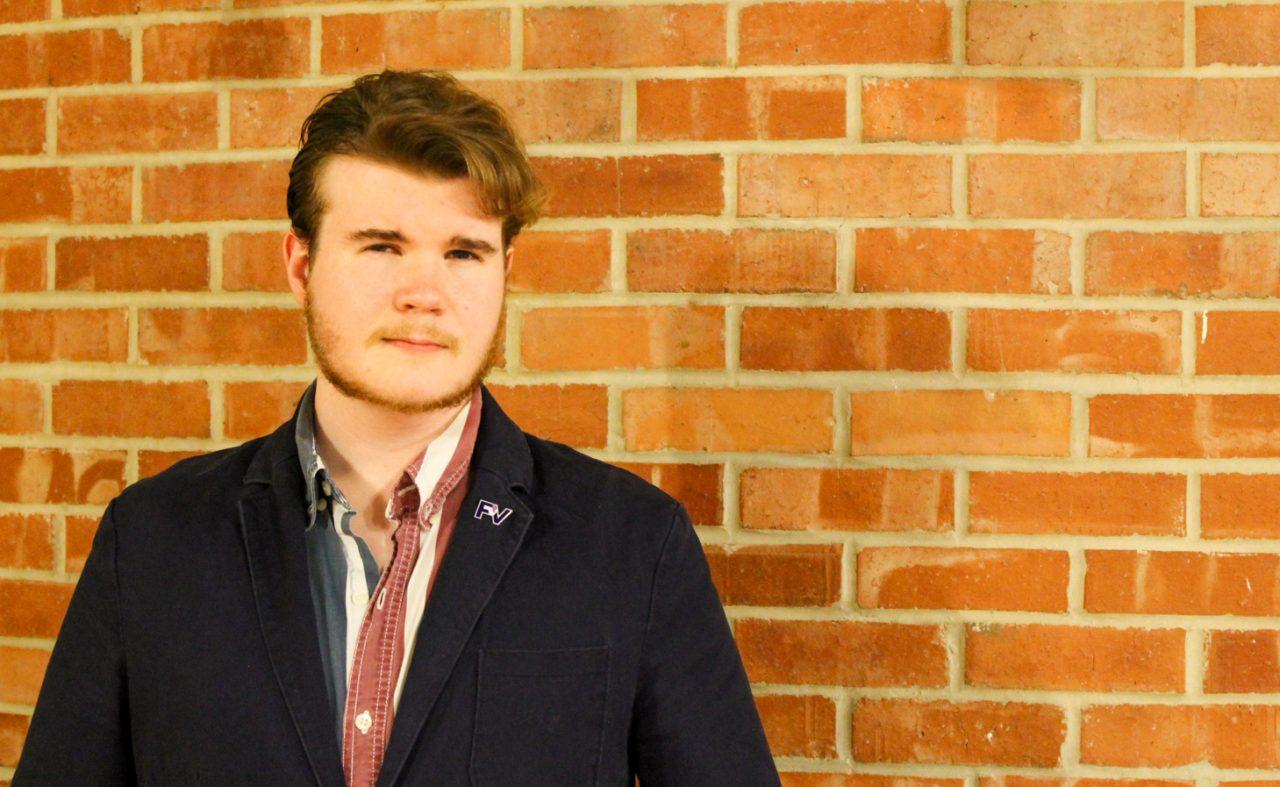This is a response to Bella Spangher’s column, “Leave the debate about abortion to the experts.” in our Aug. 30 issue.
Photo by Oliver Chapin-Eiserloh
Are campus conversations between students on politics enriching or too distracting? Bella Spangher, guest columnist for the Trinitonian in last week’s issue, believes that they are “superfluous and stressful distractions” and that she “does not want to be badgered into stressful and sensitive conversations surrounding abortion” while she walks across campus. She argues that “campus demonstrations will not change anyone’s opinion over abortion” and instead believes that “if we learn anything over abortion, it should be through one of the classes we take.”
She goes on, explaining that in her view, the only reason you should be having this conversation outside of class is “if you have your PhD in ‘abortion studies,’ reproductive rights, or something similar,” or if there is a seminar coming up related to such conversations. Otherwise, in her opinion, such conversations like the one Tigers for Life hosted on the Coates Esplanade last week are nothing but a distraction from our diligent studies. In part, this is because she believes that “without the guidance of a learned professional in a relevant field of study, falsehoods can be spread,” insinuating that the experts wouldn’t be on the side of these esplanade demonstrators.
I agree with much of what Spangher has to say, specifically that these conversations can be stressful and sometimes distracting. But I also believe that those stressful conversations are amazingly enriching to students. I believe that other controversial demonstrations like the LGBT stands we saw last year can be stressful distractions, too, but that they are still worth having for the sake of the students.
We may be learning in class about what is, but we still have to talk to each other about what should be. Moral conversations are necessary for students outside of classes as well as inside class. Campuses have always been vehicles of social change, a place for controversial movements like civil rights and anti-war movements.
Why does Trinity even allow these organizations in the first place if they are only distractions? If the only learning comes from educators, then why allow others to organize like this? The truth is that liberal arts colleges are intentionally designed so that students learn not only from the professors, but also from each other and the wealth of information to which we have access.
We aren’t limited in liberal arts colleges to our major or PhD. We are meant to learn outside of our own fields. We aren’t meant to go to class as our only place to learn either. The design of the university is to create a rigorous environment that gets students to success. Without any pressure, we would not be as successful. We wouldn’t have learned as much. Of course, in order to learn, you must have an open mind.
I disagree with Spangher. I believe campus demonstrations can and do change minds, but they have to be received by people who are willing to have their mind changed. Spangher is as not open-minded on the subject of abortion as many other students. According to her, “campus demonstrations will not change anyone’s opinion over abortion.” I believe she’s projecting her own certainty on the subject to other students. Many people still haven’t made up their mind on the subject and want to know more about it. Tigers For Life (TFL) members reported that over the course of the day, many people came with an open mind, asking, “What is this about? Why do you think this? How do you define your terms?” These conversations happened at the same time that Spangher decided to ignore them and walk by without being badgered into a conversation.
Because Trinity professors teach at a liberal arts college, their goal is to give a general structure of systems, topics and ideas. Professors are experts in general learning, but it’s the students’ job to learn about particular subjects. Very few even within the Political Science Department are willing to have that conversation in class like Spangher wants.
A few professors have actually deferred to student organizations like TFL in order to make particular cases that they may not have wanted to bring to class. In fact, TFL hosted professors in biology and political philosophy last year to talk about the subject in order to inform themselves from the professors outside of class.
There are, in fact, experts on the side of these esplanade demonstrators. Students have to take these conversations outside of class in order to even have them in the first place. The best place to enrich yourself with moral debates and knowledge is with a student organization that focuses in on the subject, not a classroom where it will be breezed over. If you would like to enrich yourself with this knowledge, TFL meets on Thursdays at 6 p.m. in the Woodlawn room of the Coates Student Center.
Woody is a sophomore political sciencde and human communication double major. He is a member of Tigers for Life.






